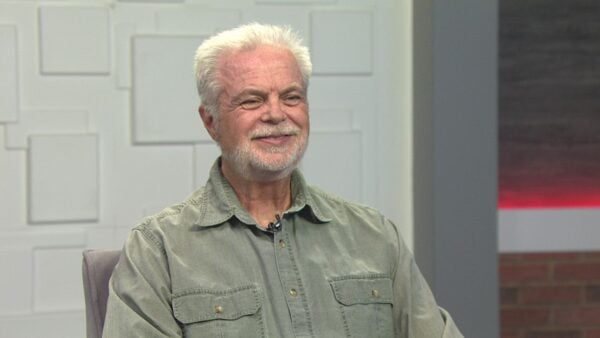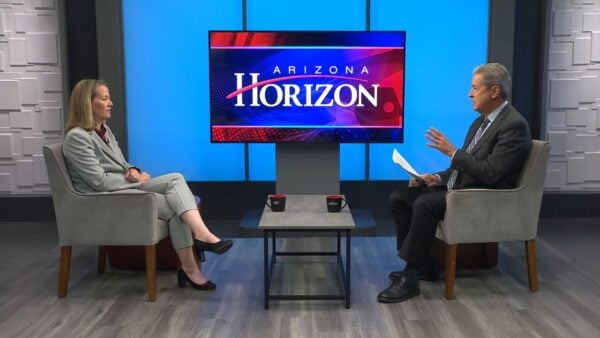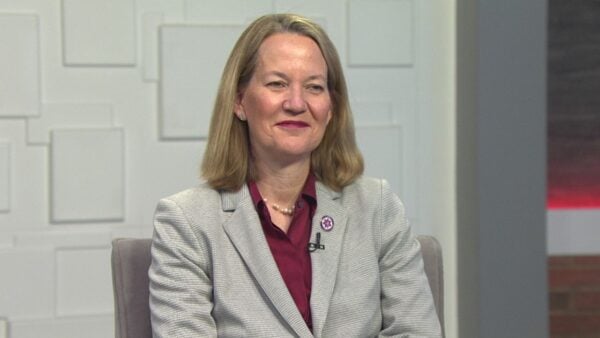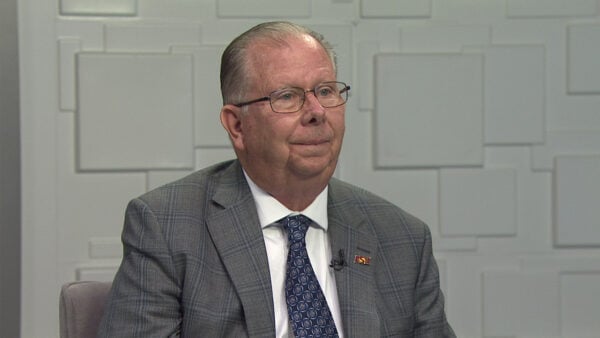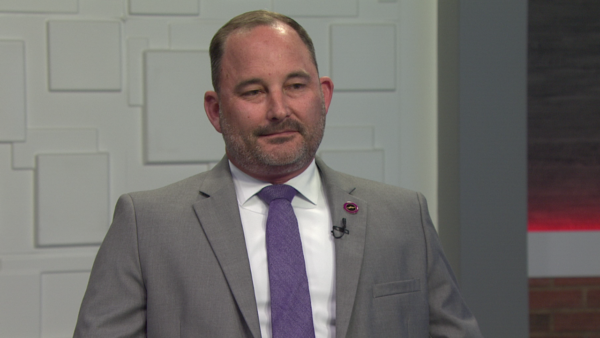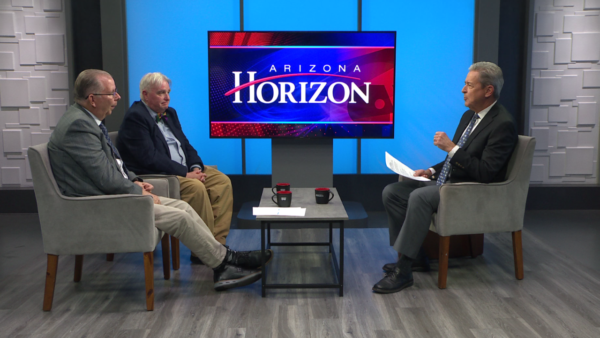Arizona Senate kills 14 bills
March 16, 2022
On Monday, 14 Republican bills died in the state senate, with Republican Sen. Paul Boyer joining the democratic congress against 12 of them. Earlier we spoke with Sen. Boyer for an update from the state legislature.
The bills were all focused on election reform, but Boyer said each of the 12 bills that he rejected had its own issues.
“There are problems with every single bill that I voted no on,” he said
Problems ranged from being “unworkable” for election officials, to being “duplicative,” or “repetitive or redundant,” Boyer said.
One bill would have prevented the use of sharpies on election ballots, a concern that Boyer described as “debunked.”
“It’s one of those bills where it might look like you’re supporting election integrity, where you can stand up at your district meeting and tell the PCs that you’re banning sharpies,” Boyer said, “but it doesn’t do anything.”
Other bills included one that would give the Attorney General and county attorneys subpoena powers without probable cause, one making misplacing election ballots into a misdemeanor, and one to give election workers unique passwords to log into voting machines.
Boyer was the only Republican who voted against these bills, drawing the ire of fellow party members.
“They’re not very happy with me right now,” Boyer said.
Despite this, Boyer said he still considers himself part of the Republican Party, and a conservative.
“As conservatives, we tend to conserve what’s good and we don’t like to tell people what to do,” Boyer said. “As a party, we are trying to tell a lot of election officials how to do their job–poorly at that–because they can’t implement it properly, if these bills are passed.”
One bill that did pass was a change to the way Precinct Committeemen are chosen, changing it from a party elected position to one that is appointed by county-level political party organizations. The bill has quickly met by opposition both from within and outside the Republican party.
“On that one particularly,” many in the legislature had not read the bill, Boyer said.
“Collectively, what we heard from everyone was that there was a timing issue, it was the House’s fault because they drug their feet on it for three weeks, it involved signature gathering, and we had to pass it that day. ” Boyer said “I was uncomfortable voting for it.”













